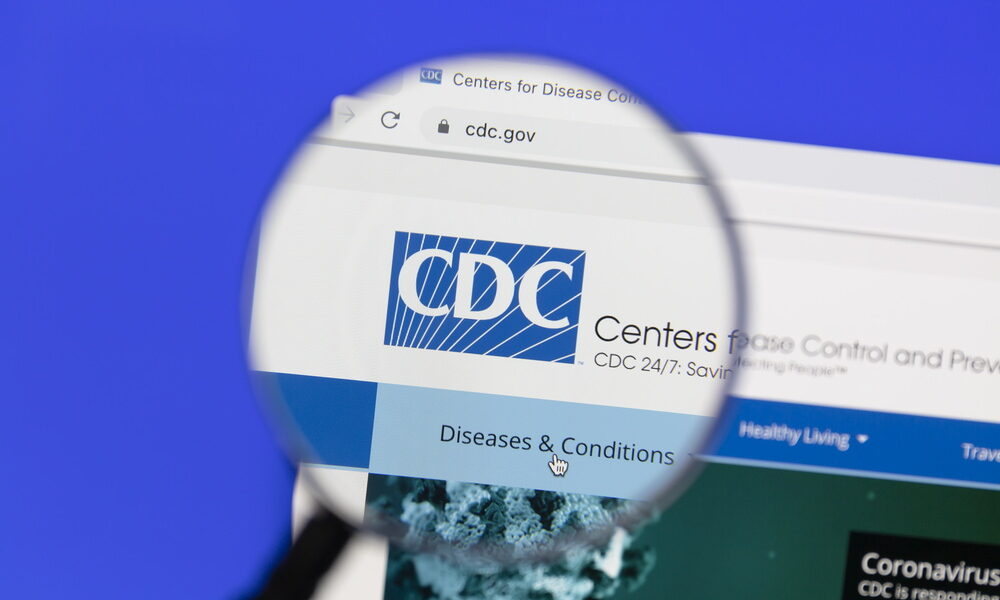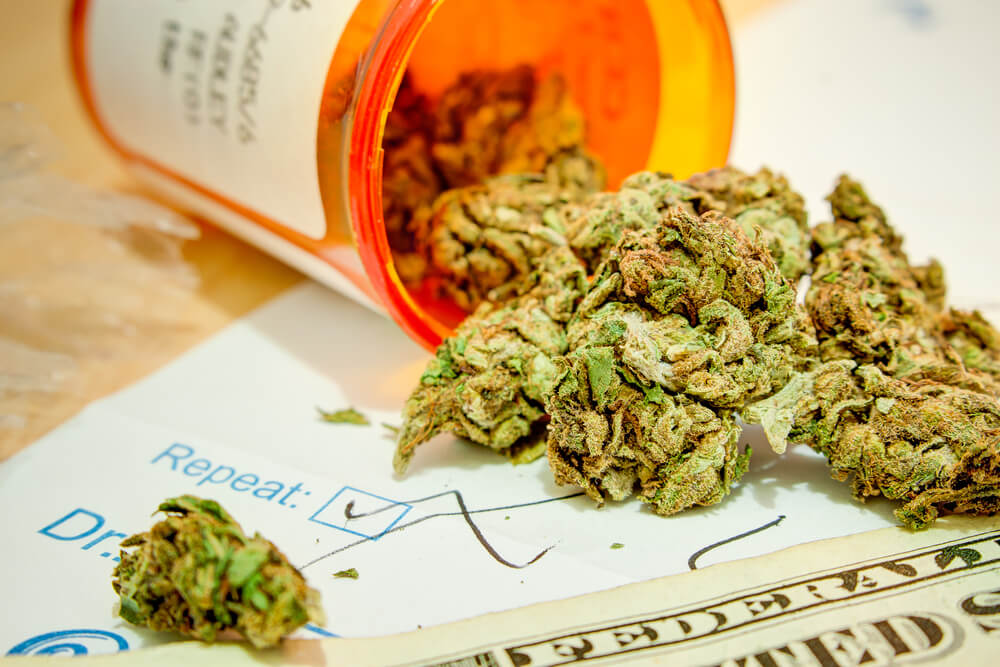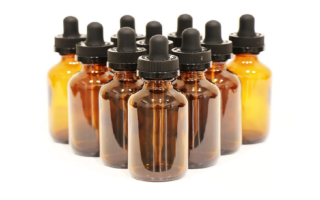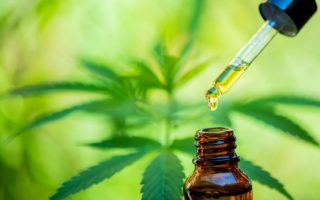The Centers for Disease Control and Prevention (CDC) issued a Health Advisory on September 14, 2021 to warn consumers of potential “adverse events” related to cannabis products containing delta-8 tetrahydrocannabinol (THC). Known more simply as delta-8, the substance is a synthetically produced THC isomer sometimes added to legal CBD products.
Within days of the warning, critics began questioning the CDC’s motives. In the weeks since, the CDC has been accused of unnecessarily scaring people by using terms like ‘poison control centers’ and ‘hospitalization’. To his credit, Leafly’s Bruce Barcott wrote a critical but very good piece explaining why there’s no need to panic over the CDC warning. He explained why the warning is not as bad as it sounds.
Still, there is a nagging question that remains: why are CDC warnings about delta-8 questioned? Why don’t pro-cannabis advocates just accept what the CDC says at face value, the same way we are all supposed to accept what they say about COVID and coronavirus?
Is the CDC Political or Not?
Critics of the CDC delta-8 warning tend to either imply or directly state that the CDC is being political. They go to great lengths to point out the CDC’s vested interest in promoting the federal stand against marijuana as a Schedule I substance. They make a compelling case that politics is at the heart of it all.
Let us assume that this is true. A political motivation would explain why the September 14 Health Advisory appears to take a few incidents of delta-8 over intoxication and blow them way out of proportion. Again, let’s also assume that this is exactly the CDC’s intention. They want to scare people in order to justify continued clamping down on cannabis.
Why would things be any different where COVID is concerned? Why do people distrust the CDC when it comes to marijuana but believe everything they have to say about coronavirus, face coverings, and COVID vaccines? Is the CDC political or not?
Can the CDC Be Defended?
On the other side of the coin, the CDC can be defended for taking a stand against delta-8. After all, the unregulated isomer technically cannot be added to medical marijuana products without risking one’s processing license. So instead, processors add it to legal CBD products that don’t require such stringent testing.
The problem with delta-8 is that it is not CBD. It is an isomer of THC. And unlike CBD, delta-8 will get you high. That’s exactly what the CDC is worried about. They are concerned that consumers purchasing what they think are not intoxicating CBD products will end up heavily intoxicated after ingesting delta-8.
Meanwhile, states like Utah, where Utahmarijuana.org says medical cannabis laws are highly restrictive, have created a legal loophole that allows delta-8 to be sold to consumers via CBD products for which they do not need a medical cannabis card.
Is Consistency Too Much to Ask?
Regardless of Utah medical cannabis laws and processors adding delta-8 to CBD products, the question regarding the CDC’s political motives remains unanswered. That being the case, is consistency too much to ask for? If the CDC allows politics to influence its stand on marijuana, hemp, delta-8, etc., it seems reasonable that politics could influence every position they take – including their positions on coronavirus and COVID-19.
Why are the CDC’s Delta-8 warnings being questioned? Because they appear to be engaged in fearmongering. As for the rest of us, perhaps it is time to dispense with the voluntary tunnel vision and understand that the CDC has never been a public health enterprise. It has always been a political one.




